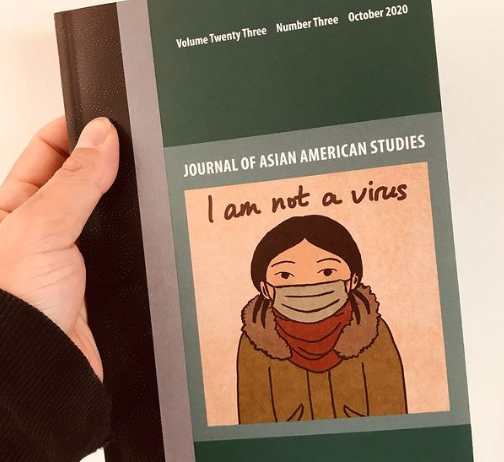Another week of thinking about how the inaction of adults is impacting the future of our country, our children.
Eight people were killed in Atlanta on Tuesday, March 16. Six of the victims were of Asian descent. Captain Jay Baker, a sheriff’s office spokesperson, described the suspect’s actions like this:
“[Robert Aaron] Long was pretty much fed up and kind of at the end of his rope. Yesterday was a really bad day for him and this is what he did. … Apparently [he] has an issue, what he considers a sex addiction, and sees these locations … [as] a temptation for him that he wanted to eliminate.”
In my opinion, those comments are an excuse to avoid calling out what really happened: domestic terrorism.
I observe from text exchanges and social media posts that my friends and colleagues who identify as Asian American and Pacific Islander (AAPI) are hurting and fearful. Trevor Noah’s remarks resonated with me: “The Atlanta shooter blamed a specific race of people for his problems, and then murdered them because of it. If that’s not racism, then the word has no meaning.”
Silence is not an option and allyship needs to be more than a hashtag.
As the facts of the #Atlanta tragedy continue to emerge, it’s important that we do NOT rule out racism.
— Stop AAPI Hate (@StopAAPIHate) March 17, 2021
Fellow educators, it is important that we create spaces for our students to speak about what happened and to empower them to dismantle the inequities and oppression in our systems. Marginalized populations in our country need to be seen, heard and valued.
The data has been there for the rise in AAPI hate — and we need to spread awareness of this in our communities and networks. The Stop AAPI Hate National Report analyzes the 3,795 incidents received by the Stop AAPI Hate reporting center from March 19, 2020 to February 28, 2021. It is important to note that these are only the incidents that have been reported to the center and do not include the number of AAPI hate incidents that have actually occurred.
The fight for equity must continue and anti-racism needs to be the norm in society. Below I have categorized resources that I found helpful as I navigate how to be an ally for my AAPI friends, students and colleagues.
My go-to resources
- Anti-Asian Violence Resources
- Stop AAPI Hate
- Learning for Justice: Addressing Anti-Asian Bias
- Diversity and Inclusion Resources for Educators and Families
Mental health
Awareness and education
- When Xenophobia Spreads Like a Virus
- Teenager Traces Continuum of Anti-Asian Racism in ‘Pandemic Play’
- One Korean American’s Reckoning
- Curriculum and Lesson Plans by Asian Americans Advancing Justice
- Next Shark Publications
- PBS – History of Identity, Contributions and Challenges Experiences by Asian Americans
Allyship and action
- 17 Ways You Can Support the Asian American Community Right Now
- Resources for Anti-Asian Discrimination
- The Movement Hub
- AAPI Women Lead
- Dear Asian Youth
Join the conversation!
Find news, events, jobs and people who share your interests on Technical.ly's open community Slack

Delaware daily roundup: Delmarva Power vendor stats; DelDOT's $15M federal grant; 50 best companies to work for

Delaware daily roundup: Over 4,000 Black-owned businesses uncovered; Dover makes rising cities list; a push for online sports betting

Philly daily roundup: East Market coworking; Temple's $2.5M engineering donation; WITS spring summit


